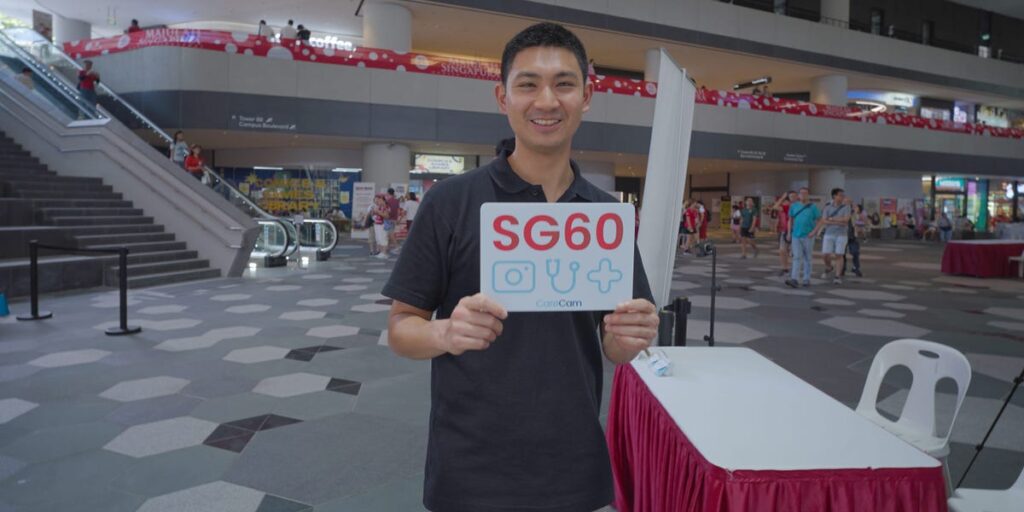This as-told-to essay is based on a conversation with Benjamin Leong, a 31-year-old former full-time traditional Chinese medicine physician in Singapore who is an AI engineer at a medtech startup. It has been edited for length and clarity. Business Insider has verified his employment and salary.
I was always interested in the medical field. Unfortunately, I didn’t get into medical school, so I thought traditional Chinese medicine was the best alternative. It offered me a chance to practice as a clinician, but in a different role and setting.
During my studies, we had a biostatistics computational module. That’s where I realized that programming and computational work can be quite interesting.
But I didn’t fully pursue that interest until a few years later. Months away from my licensing exam in 2020, I took a 16-hour intensive Python programming course, and that really got me interested in programming.
When you successfully build something, there’s a sense of enjoyment and satisfaction, and I think I caught on to that, which spurred me on.
In 2022, I went to pursue a part-time degree in computer science while practicing medicine. I got linked up with a medtech AI company, and I thought that was a nice integration of my skills. I was interested in both domains, and that was how I landed my role as an AI engineer in 2024.
Adapting to the engineer’s mindset
The work of a physician and an engineer is very different. One is seeing patients, more people-facing, more treatment-oriented. Being an engineer is a lot more computer-facing, more project planning and management, and hitting long-term goals, especially in a startup.
In coding, you need to deal with things like version control, DevOps, and project management — things I had to pick up along the way.
I also had to learn how to work with a technical team, so I had to understand the workflows, how to deliver, what the app needed, and features to be pushed out.
One of the bigger challenges was project management. As an AI engineer, you have certain long-term goals. You have to push out a certain feature by maybe a few months, and so you’ve got to plan out how you want to get there and how you want to manage the people you’re working with.
That kind of long-term planning was not really needed in my clinical work.
The physician skills I carried into tech
The biggest skill that I picked up as a physician that helped in my transition is communicating with other clinicians. Because I’m in a medtech company, we collaborate with hospitals, clinicians, and physiotherapists. It’s easy to communicate with them, especially if you know how they think and the terminology that they use.
The other thing is shaping the product. Knowing how clinicians think can also help me give feedback and steer my technical team on how I feel clinicians can best use our applications.
I still do some locum work and help out at my clinic when needed. If I really want to, I can jump back into traditional Chinese medicine and do it full time again.
The base pay at my current company is about 30% higher than what I was paid as a junior physician, which was about $4,000 in Singapore dollars or about $3,100.
The barrier to entry has never been lower
Transitioning to an early-stage startup was risky, but I had the bandwidth financially, as well as time-wise, to explore a different career path, so I was not afraid to take the step.
AI right now is such a big industry. It is getting so advanced that you may not even need to learn how to code anymore.
If you want to come in, it is good to understand what AI is about — the concept behind AI, how AI models are built, and how the whole process is structured. Some form of technical skill is needed in programming, programming languages, and working with computers.
But it’s not difficult. The barrier to entry has dropped a lot. There are so many learning tutorials online. You have to be willing to sit through them. Now you have ChatGPT, which can teach you everything that you need to know.
A healthy dose of curiosity, just being willing to learn more, will help you cross that gap.
Do you have a story to share about an unconventional career pivot into AI? Contact this reporter at cmlee@businessinsider.com.
Read the full article here


